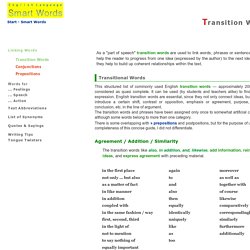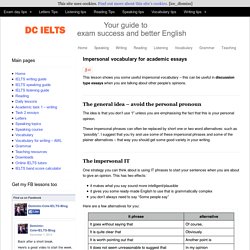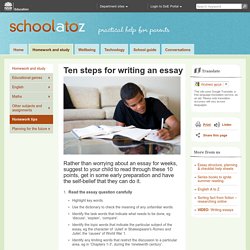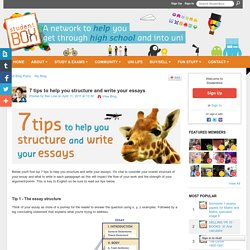

Transition Words & Phrases. As a "part of speech" transition words are used to link words, phrases or sentences.

They help the reader to progress from one idea (expressed by the author) to the next idea. Thus, they help to build up coherent relationships within the text. Transitional Words This structured list of commonly used English transition words — approximately 200, can be considered as quasi complete. It can be used (by students and teachers alike) to find the right expression. There is some overlapping with prepositions and postpositions, but for the purpose of usage and completeness of this concise guide, I did not differentiate.
Agreement / Addition / Similarity The transition words like also, in addition, and, likewise, add information, reinforce ideas, and express agreement with preceding material. in the first place not only ... but also as a matter of fact in like manner in addition coupled with in the same fashion / way first, second, third in the light of. IELTS vocabulary: impersonal academic language. This lesson shows you some useful impersonal vocabulary – this can be useful in discussion type essays when you are talking about other people’s opinions.

The general idea – avoid the personal pronoun The idea is that you don’t use “I” unless you are emphasising the fact that this is your personal opinion. These impersonal phrases can often be replaced by short one or two word alternatives: such as “possibly”. I suggest that you try and use some of these impersonal phrases and some of the plainer alternatives – that way you should get some good variety in your writing. The impersonal IT One strategy you can think about is using IT phrases to start your sentences when you are about to give an opinion. It makes what you say sound more intelligent/plausibleit gives you some ready-made English to use that is grammatically complexyou don’t always need to say “Some people say” Here are a few alternatives for you: The impersonal THERE ONE and WE This one is slightly trickier.
40 Useful Words and Phrases for Top-Notch Essays Oxford Summer School 2015 with Oxford Royale Academy. 17.7KGoogle +202 1702 2322 25 August, 2014 The secret to a successful essay doesn’t just lie in the clever things you talk about and the way you structure your points.

To be truly brilliant, an essay needs to utilise the right language. You could make a great point, but if it’s not intelligently articulated, you almost needn’t have bothered. Developing the language skills to build an argument and to write persuasively is crucial if you’re to write outstanding essays every time. General explaining Let’s start by looking at language for general explanations of complex points. 1.
Usage: “In order to” can be used to introduce an explanation for the purpose of an argument. Example: “In order to understand X, we need first to understand Y.” 2. Usage: Use “in other words” when you want to express something in a different way (more simply), to make it easier to understand, or to emphasise or expand on a point. Example: “Frogs are amphibians. 3. Example: “Plants rely on photosynthesis. 4. 5. 6. Ten steps for writing an essay. Rather than worrying about an essay for weeks, suggest to your child to read through these 10 points, get in some early preparation and have the self-belief that they can do it.

Read the essay question carefully Highlight key words. Use the dictionary to check the meaning of any unfamiliar words. Identify the task words that indicate what needs to be done, eg ‘discuss', ‘explain', ‘compare'. Identify the topic words that indicate the particular subject of the essay, eg the character of ‘Juliet' in Shakespeare's Romeo and Juliet, the ‘causes' of World War 1.
Identify any limiting words that restrict the discussion to a particular area, eg in ‘Chapters 1-3', during the ‘nineteenth century'. Try School A to Z's help sheets: 7 tips to help you structure and write your essays - Studentbox. Below you'll find our 7 tips to help you structure and write your essays.

It's vital to consider your overall structure of your essay and what to write in each parapgraph as this will impact the flow of your work and the strength of your argument/points. This is key to English so be sure to read our tips below. Tip 1 - The essay structure Think of your essay as more of a journey for the reader to answer the question using x, y, z examples. Followed by a big concluding statement that explains what you're trying to address.
(Source: Tip 2 - Read the question slowly and carefully.